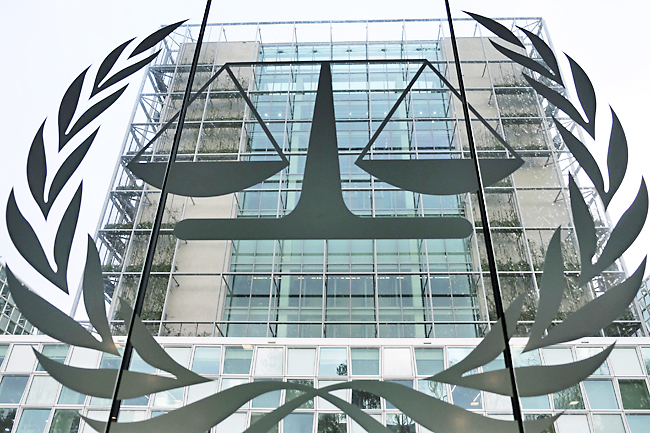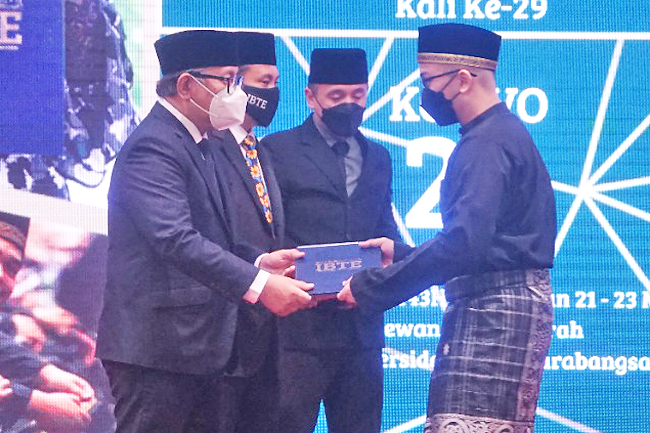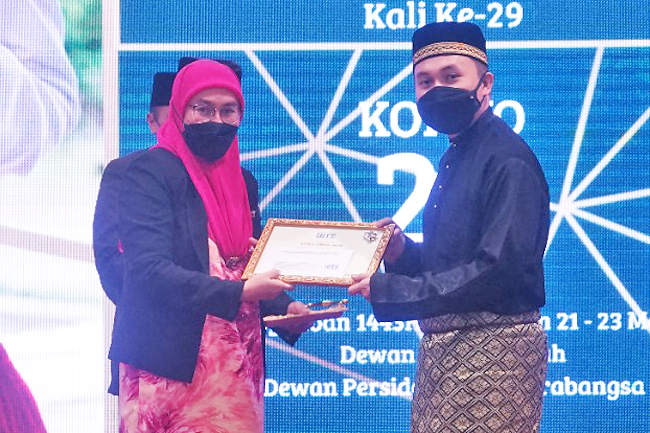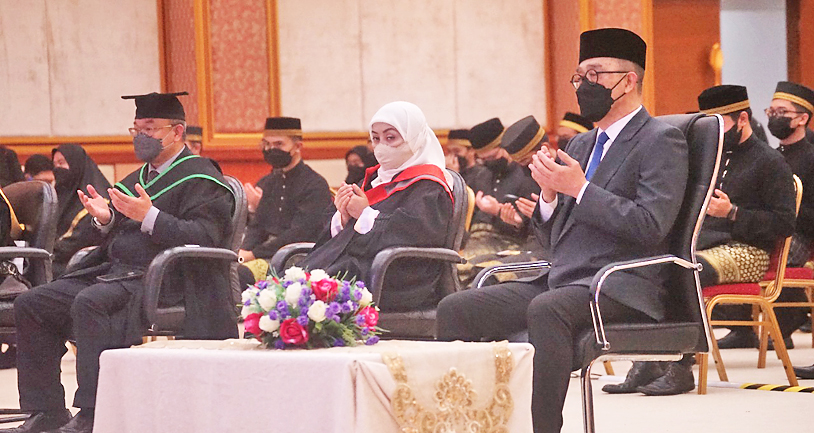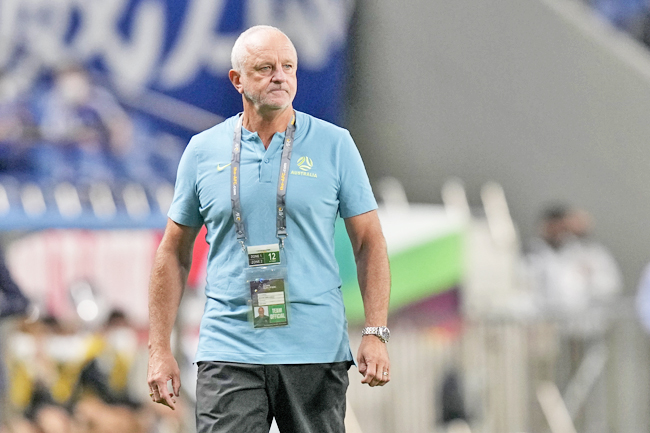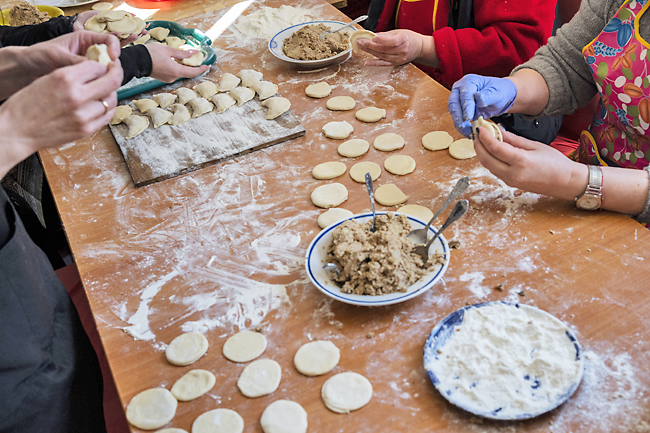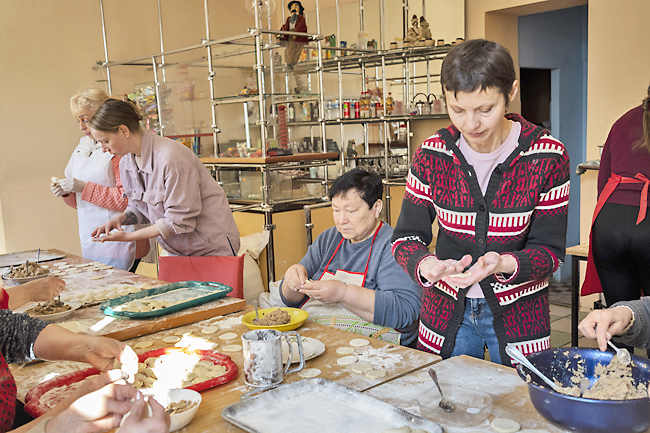Kelsey Sheehy
AP – Ben & Jerry’s was started by childhood best friends. Four grad school buddies founded Warby Parker. A long friendship-turned-partnership brought Clear to TSA security lines across the United States shopping trip between two pals launched size-inclusive clothing brand Universal Standard.
Yes, stories of successful business partnerships between friends exist. But for every Ben and Jerry, there are countless Janes and Joes ticked off at their college roommate for stiffing them on a business loan.
Mixing business and friendship can tank a relationship. So, if a classmate, colleague or childhood friend asks you to invest in their business, you need to look at it from all angles.
THINK LIKE A PROFESSIONAL INVESTOR
Don’t let your personal relationship cloud your business judgement. Evaluate the request as if it was coming from a stranger.
Does the business offer something unique? Does it fill a need in the market? Does the founder have business acumen? Do they have experience in the industry?
“A professional investor always wants to see where the ‘Aha’ is,” said clinical professor of entrepreneurship Dileep Rao at Florida International University. “Is this likely to become a major company? If the potential is huge, it makes sense from a financial perspective.”
You also need to know the terms of your investment and what you’re getting in return. If your friend is asking for a business loan, discuss the repayment timeline and interest.
If your investment is in exchange for equity, review the terms. Is it solely a financial transaction, or will you have access to and input on business operations? A handshake deal doesn’t cut it, even with – or especially with – lifelong friends. Make sure everything is in writing if you opt to invest so there’s no confusion down the line.

ALWAYS, ALWAYS STUDY THE BUSINESS PLAN
Examine the business plan to see if your friend has thought through all aspects of the business.
A thorough plan should include financial projections, current revenue, five-year projections and a detailed market analysis that outlines competitors and potential obstacles.
“You have to do your due diligence even if you have known the person your whole life,” entrepreneur Dimitrios Mano said through email. Mano co-founded Bloom Express, an online CBD marketplace, in 2019 with a close college friend while the two were still in school.
Outside of his co-founder, Mano did not approach friends or family for a startup business loan. The duo relied on personal savings and income from their day jobs.
“I have seen friends ruin 20-plus years of friendships over irrelevant business arguments and family members completely cut ties with one another because of a slight disagreement,” Mano said.
COMMUNICATE, BUT SET BOUNDARIES
The lines between business and personal affairs can quickly blur when you invest in a loved one’s business. While clear, frequent communication is essential, it’s important to draw boundaries.
When Mark Aselstine co-founded Uncorked Ventures, a now-defunct online club, with his brother-in-law, the duo set strict rules at the onset. “We decided at the beginning that we wouldn’t say anything to each other that we wouldn’t say to our nieces or nephews,” Aselstine said through email. The two relegated business talk to morning meetings, rather than casual outings.
“(We) had a rule to not talk about it at family events (and) dinners. Having those dividing lines, but open communication was key.”
DON’T INVEST MONEY YOU CAN’T AFFORD TO LOSE
“Don’t think you’re going to make a fortune if you help a friend out,” Rao said. In fact, don’t expect to make any money at all.
Roughly 20 per cent of businesses close within the first year, according to data from the Bureau of Labor Statistics. And most startups never deliver a positive return.
“Ask yourself if you are okay if you lose all the money you invested in your friend’s startup,” founder of Authentic CEO Amanda Sanders, said through email.
“If the honest answer is yes with no ill will toward your friend, then the relationship is likely to remain solid regardless of the business outcome,” she said.
OFFER SUPPORT, EXPERTISE OVER CASH
Money isn’t the only way to support a friend’s business. You can offer time, expertise and connections.
Pitch in at pop-ups and events. Manage their social media accounts. Hand out flyers to get the word out. Be a sounding board for ideas and issues.
Or just show up with takeout from time to time, Sanders said.
“Having a friend interrupt your endless work schedule and bring in the food and the fun is very important for maintaining sanity.”
